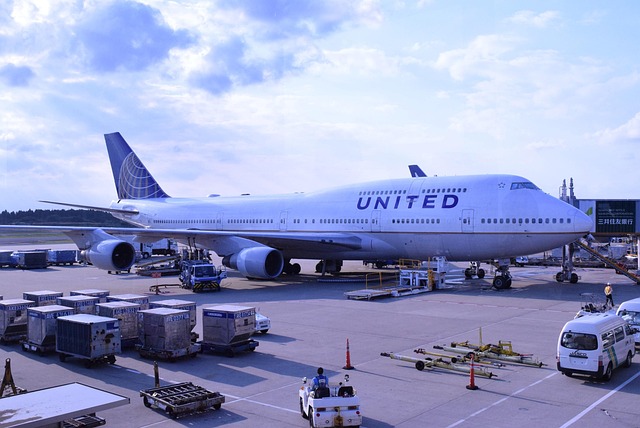Discover How Aviation Training Shapes Careers in the United States in 2025
Did you know the U.S. aviation industry supports over a million workers? It plays a critical role in transportation, logistics, and tourism, driving economic growth, creating diverse employment opportunities, and connecting communities across the nation efficiently.

Comprehensive Airline Pilot Training Programs Across the United States
For individuals pursuing airline pilot careers, specialized training programs offer structured pathways. One well-known example is the Airline Career Pilot Program by ATP Flight School, designed to prepare students to meet airline hiring prerequisites.
Key Features of the Airline Career Pilot Program
- Duration and Structure: Program length varies from 9 to 12 months depending on prior experience:
- 12 months for students starting with no flight time
- 11 months for those with credit for solo flight time
- 9 months for private pilot certificate holders
- Transparent Pricing:
- $116,995 for beginners with zero flight time
- $96,995 for students with solo flight credit
- $86,995 for private pilot license holders
- Financing options are available, and some regional airlines sponsor financial programs.
- Training Methods and Fleet:
- Full-time, immersive training modeled after airline standards
- Access to a large fleet of modern training aircraft with advanced avionics
- Emphasis on safety and continuous fleet maintenance and monitoring
- Career Support and Industry Partnerships:
- Partnerships with 39 major airlines, including American Airlines, Delta, United, and others, enabling potential access to cadet programs and flight deck pathways
- Career advising, mentorship, and support after graduation
- Flight Instructor Experience:
- Graduates often work as flight instructors to accumulate required flight hours, typically 18-24 months, aligning with airline prerequisites
- Flight instructor roles may qualify for airline tuition reimbursement programs
- Enrollment Process:
- Online application typically completed in about five minutes
- Personalized training and career plans tailored to individual certification and goals
Diverse Aviation Jobs and Airport Career Opportunities
Beyond pilot training, aviation careers encompass various roles in airport operations and related fields. Major U.S. airports support many positions, including:
- Airport operations coordination
- Air traffic control and ground services
- Aircraft maintenance and inspections
- Customer service roles such as ticketing and baggage handling
- Security and safety management
- Logistics and cargo handling
The aviation and airline industry directly employs over one million workers, with a broader impact supporting more than ten million jobs.
Eligibility and Requirements for Aviation Training
Entry requirements for aviation programs commonly include:
- Age and Medical Certification: Minimum age usually 18 years and possession of a First Class FAA medical certificate for pilot training
- Education: High school diploma or equivalent generally required; some programs prefer additional college coursework
- Language Proficiency: English proficiency needed for effective communication
- Background Checks: Security clearances and background investigations are standard for roles within airports and aviation operations
Programs such as ATP provide guidance on satisfying these prerequisites.
Costs and Financing of Aviation Training
Aviation training involves notable costs, with many programs emphasizing fixed pricing and financial assistance options:
- Fixed Tuition Pricing: Transparent pricing aimed at avoiding unexpected fees
- Financing: Availability of loans and partnerships with financial institutions
- Tuition Reimbursement: Some regional airlines provide reimbursement programs tied to post-graduation employment commitments
Students should also budget for essential equipment like headsets and electronic devices that complement training.
Outlook for Aviation Careers in 2025
The outlook for aviation careers includes:
- Continued recruitment as airlines respond to rising passenger travel and industry modernization
- Growth in roles related to technological advancements and environmental standards, affecting maintenance and operations
- Expansion of aviation sectors like aerospace manufacturing and tourism contributing to job opportunities
Applicants to aviation programs benefit from curricula that align with current industry practices and technology, offering a competitive edge in the labor market.
Aviation training programs in the United States provide comprehensive education with pathways from initial instruction to potential airline employment. Transparent program pricing, available financial aid, and airline partnerships create multiple entry points into pilot careers. Additionally, the broader aviation sector offers diverse roles across airport operations and related fields, supporting a substantial workforce. Individuals interested in aviation careers for 2025 can explore specialized training and evolving industry opportunities to develop rewarding careers.
Sources
Disclaimer: All content, including text, graphics, images and information, contained on or available through this web site is for general information purposes only. The information and materials contained in these pages and the terms, conditions and descriptions that appear, are subject to change without notice.




